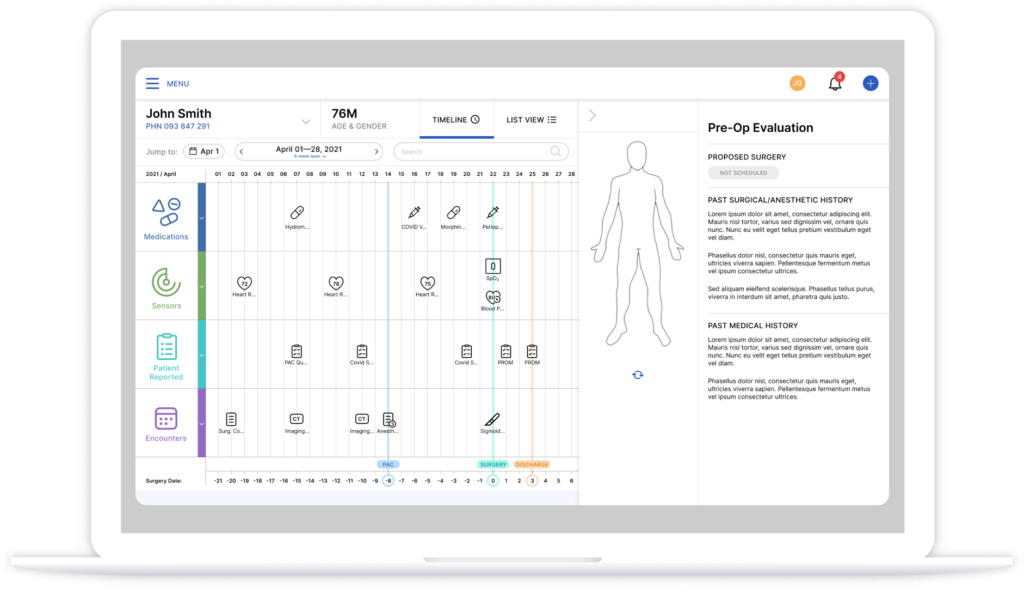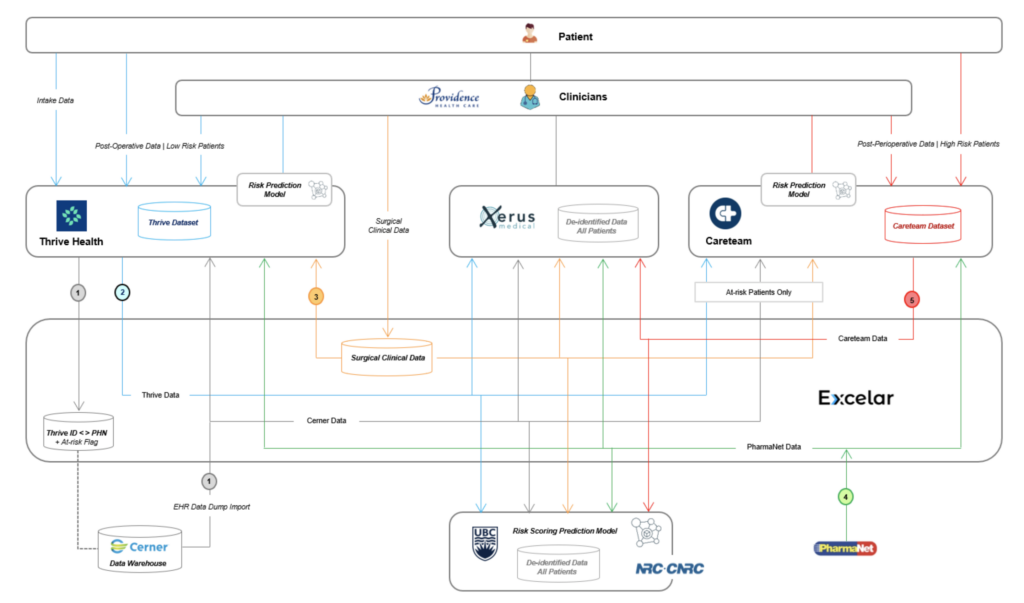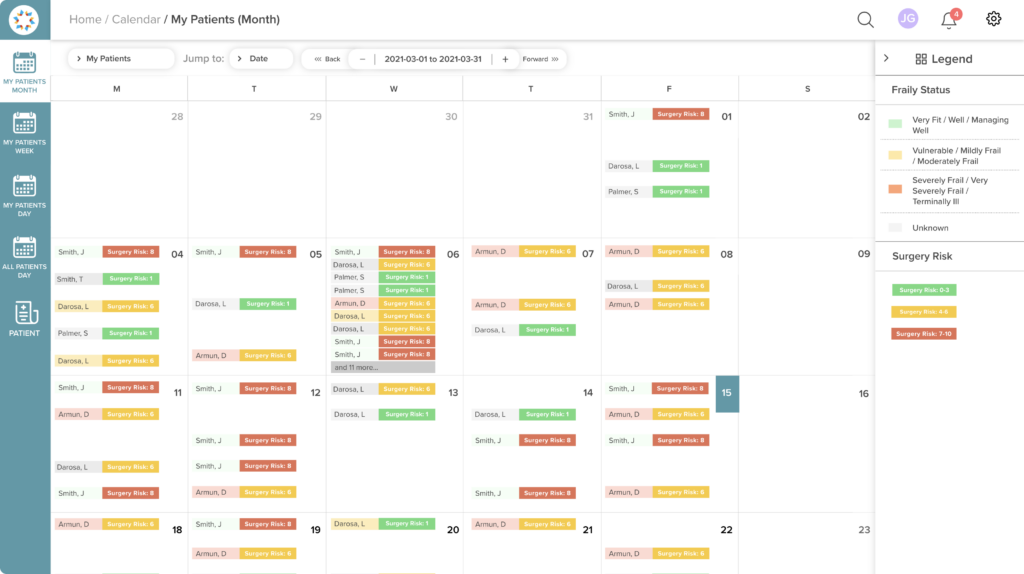Case Study
Reducing Opioid Dependence Through Data-Driven Post-Surgery Care with Excelar
18 million North Americans get surgery each year, and 6% become addicted to the opioids prescribed to them.

Why
The Problem
The Government of Canada declared opioids a national crisis with at least 4,750+ related deaths and $3.5B per year in costs. While opioids are an effective prescription for managing pain post-surgery, more than 6% of patients become addicted, causing widespread abuse of the drugs in recent years. In some cases, patients also do not respond well to opioids after surgery which can worsen the pain and bring adverse symptoms such as lethargy, slow and laboured breathing, and delirium.
Currently, physicians do not have the necessary information needed when prescribing medications that can minimize the risk of persistent opioid use. Without any actionable feedback like follow-up data, physicians cannot adequately prevent opioid risks in patients.

What
The Solution
In partnership with Careteam Technologies, Xerus Medical, Thrive Health, and other health organizations, Excelar Technologies helped develop a post-surgery monitoring system.
The Perioperative Quality Improvement (POQI) collects patient prescription data and administers surveys to create a snapshot of a patient’s entire treatment journey, from before to after surgery. The system’s risk dependency assessments can identify whether patients prescribed opioids need intervention and will enable the ability for physicians to prevent adverse symptoms or addiction.
The information provided by POQI allows physicians to see longitudinal patterns and effects of a patient’s prescribed opioid usage. Physicians can use that feedback to make informed decisions, resulting in improved pain management and strategies to reduce risks associated with opioids.

How
Our Process

Patient-Centred Collaboration Platform
In conjunction with the platforms of other partners like Careteam and Thrive, data from health organizations’ EHR systems are connected within a data broker. The information flowing between various providers enables a patient-centric level of care by streamlining the physician’s workflow, from the patient’s intake to post-discharge.
HyperLedger Federated Data Connector
Rather than decentralizing the data with one-way connections, data federation technologies like HyperLedger enable the ability to process multiple database functions as one. With various service providers, the POQI’ federated connections, EMPI and PNet connectors allow physicians to access real-time data, resulting in better strategic and operational decisions.

Interactive Communications and Chat
Chatnels is an AI-powered communications platform that automates health organizations’ processes by routing inbound chats to the right support resources. It is owned and developed by Excelar Technologies to give physicians workflow support on specific tasks across digital silos, whether with internal groups or external collaborators. By using chat to bridge resources into the patient-centric workflow, physicians can reduce costs with Chatnels’ end-to-end task execution.
Research Analytics Data Store
POQI uses robust importers leveraged in examples like iTarget, TechBase and ActionADE. The data repository stores and manages data collection for the primary benefit of easy reporting and analysis, especially for analytical research purposes. We have utilized Data Discovery for Data Exports, enhancing data insights and business intelligence.